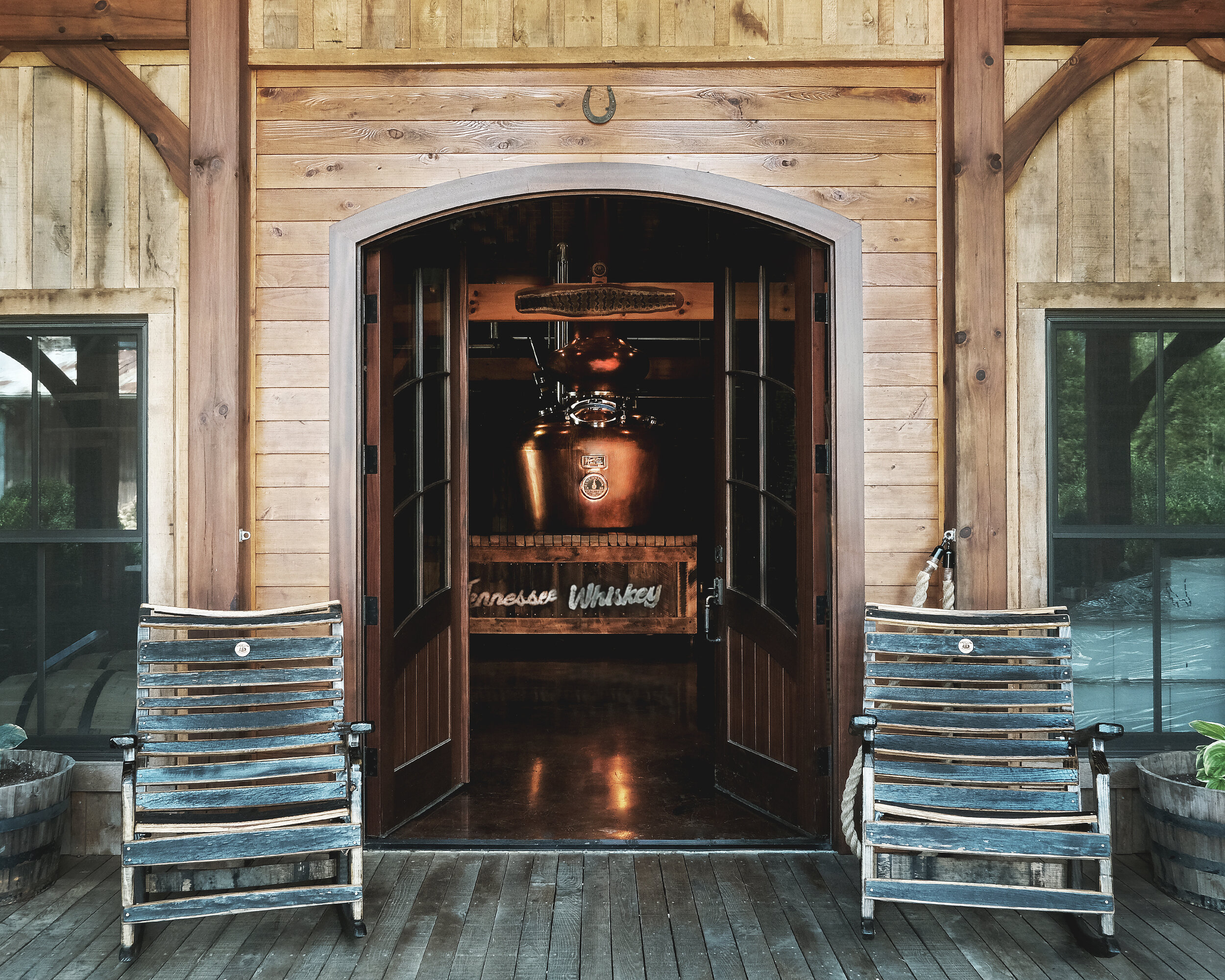How Whisky heroes: Aeneas Coffey - Scotchwhisky.com can Save You Time, Stress, and Money.

Tennessee Whiskey: Distilling the history of the state's most Can Be Fun For Anyone
Not long after, many a fine barrel of bourbon was being made in the Bard's Town area. By the turn of the century, over 350,000 people had actually settled in Kentucky. On the other hand, the thirsty Scots-Irish and German distillers who settled in western Pennsylvania and Maryland had been making rye whiskey-- however why rye? A Reliable Source was also grown in these states, and it recognized to the farmers and distillers.

The Fluid History of Irish Whiskey » Chicago Bourbon
Rye, another European grain, was a durable crop that settled and fared well practically right away in the center colonies, and because the Europeans were accustomed to dealing with rye grain, they turned to it as "the next best thing" to barley. Corn, a native grain, was also cultivated, and although the immigrants weren't utilized to using it to make bourbon, it was slowly introduced to the process in small amounts.
The Definitive Guide for A History of Whisky on Islay and Jura
The farmer-distillers made a more than sufficient living by raising animals, growing grain, and making rye scotch that they could trade to satisfy their other needs. They had no judgment king to fret about, might practice whatever religious beliefs they darned well delighted, and didn't have to pay any import tax taxes, but that wasn't going to last too long-- the country had some debts that required to be paid.

Pot still - Wikipedia

Whisky Science: History of the column still
Up till this point, cultural and agricultural needs and expediencies had actually determined the production of America's bourbon, but a major event will take place, just a years after the Declaration was released, where scotch would have a direct affect on the country itself. In 1791, George Washington approved an excise tax on liquor.

Irish Whiskey's Triple Distillation Myth for Beginners
Everyone seemed to have it out for the distillers. However Washington had his factors, and although he was himself a distiller, he listened to Alexander Hamilton, Secretary of the Treasury, who proposed that the freshly formed nation must pay off its debts from the Revolutionary War. To accomplish this, Hamilton persuaded Congress to present tariffs on imported goods, tax spirits, and charter the Bank of the United States, which would hold the government's profits and promote financial development by investing in American companies.
